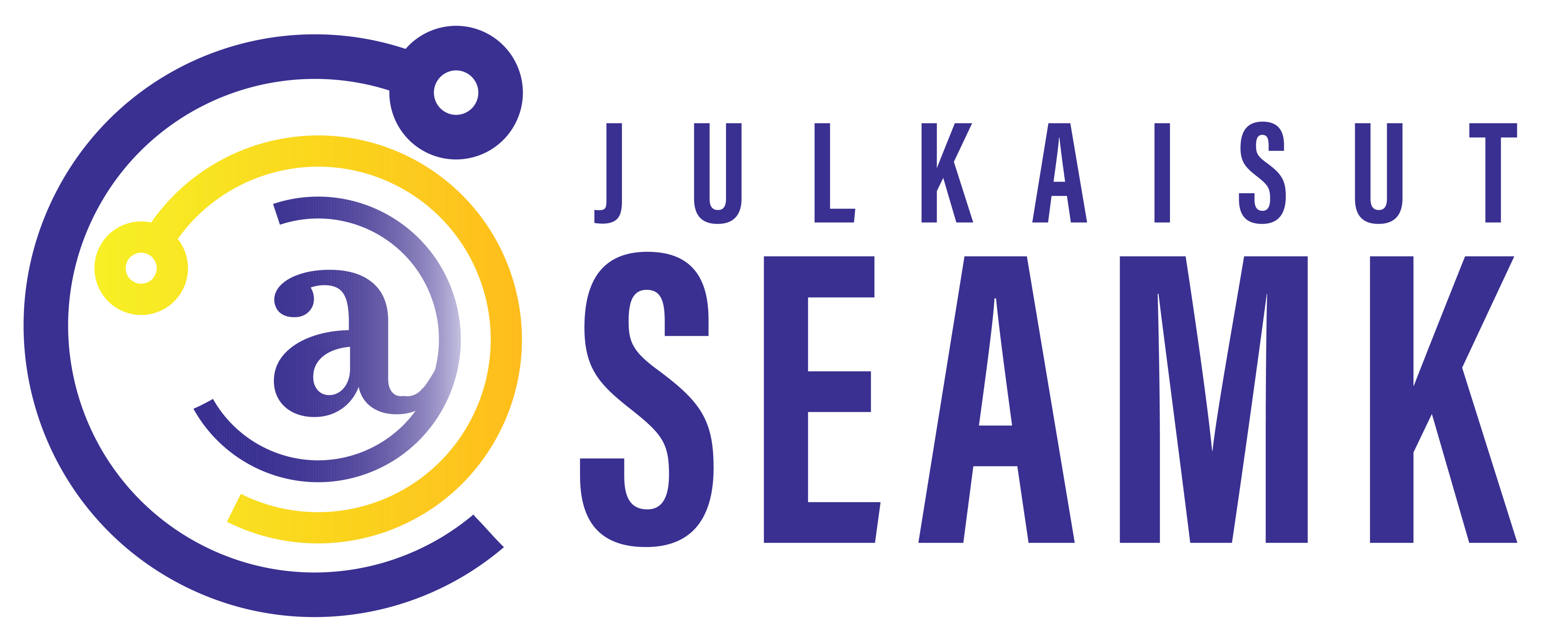Safety of dairy products intensive course

The Nordplus higher education-programme supports cooperation between higher education institutions in the Nordic and Baltic countries. The program can be used to apply for mobility support for both students and teachers. In addition, you can apply for project funding for setting up and developing networks, organizing intensive courses, starting and developing joint study programs, and developing teaching projects.
Seinäjoki University of Applied Sciences has established network with Latvia University of Life Sciences and Technologies (LBTU) and Vilniaus Kolegija (VIKO). The theme of netwotk is quality of animal products examined from a very broad perspective. The goal of the network is to organize intensive courses. Finally after the corona years, the first intensive course was completed. The students and teachers met in Jelgava in Latvia in May 2023.

The intensive course was designed for both students of agriculture and food technology to broaden the content of their own studies. All together 15 students from Lithuania, Finland and Latvia participated the course. Seven of them came from Finland, from degree program of Agriculture and Rural enterprises and from the international Agri-Food engineering program.
The topic of the course was the safety of dairy products which was examined throughout the production chain. Course started from primary production with the identification and prevention of various microbiological and residue risks. Possibilities for assessing the quality of milk under practical farm conditions were studied as well. The next step was to study the different stages of the dairy processing phase and the importance of milk quality for the quality of the final product. In laboratory exercises the students explored various testing methods and the effect of residues on the success of product manufacturing. The students also saw a variety of processing equipment on a small scale. The lectures ended with maintaining quality after the processing phase all the way to the consumer.

The feedback was positive. The network is planning to apply for funding for the next intensive course in spring 2024. I want to thank all the students and teachers involved. If our application will be approved, the next course will probably be organized in academic year 2024 – 2025.
Teija Rönkä
lecturer, degree programme of agriculture and rural enterprises
SeAMK
